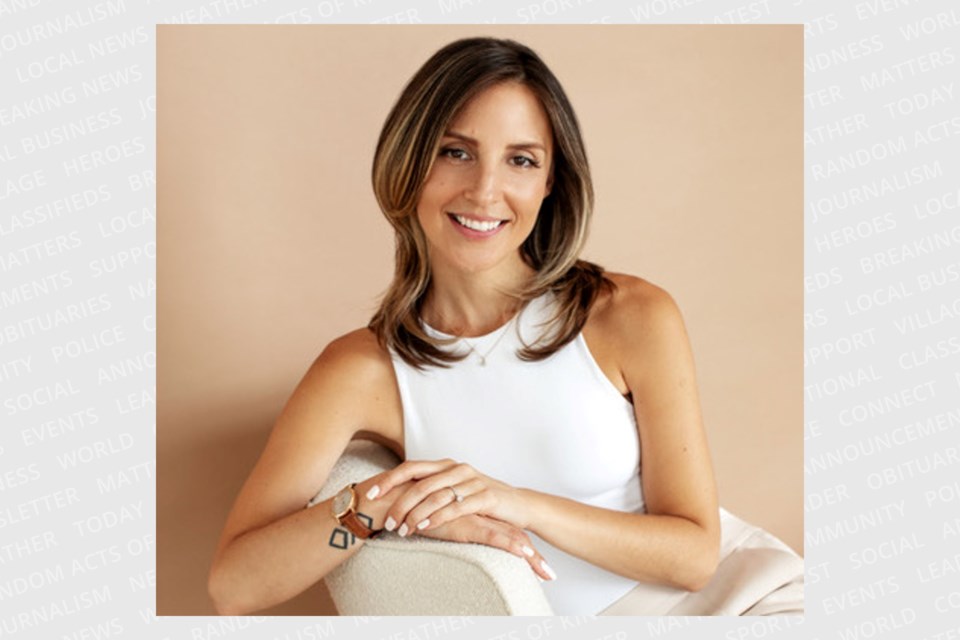Seeking treatment for addiction or mental health issues can be daunting, which is why one local professional says she is looking to ease that stress with virtual treatment options.
Brianne Flaherty is on a mission to break down the stigma of seeking help as well as break through barriers, including geography, to provide support to individuals no matter where they are.
The Barrie native, who is the founder of Brianne Flaherty Counselling Services, is a certified Canadian addiction counsellor and clinical trauma professional with more than a decade of experience working and training within the mental health and addiction field.
“Throughout the years I’ve focused on supporting our community by spreading awareness, advocating, counselling and volunteering with local charitable organizations. I lead with my heart, and it has brought me to build this incredible space for others,” she said.
In addition to her education background, Flaherty says she brings with her lived experience as well.
“I am also someone who has experienced pain. I have gone through my own process of movement, curiosity, self-discovery and stillness, and that has guided me here," she said. "I understand feeling like something is inherently wrong with you. I understand the agony of wanting to run away from yourself, escaping through any short-term relief just to feel accepted, normal and understood for a few short moments."
She eventually realized that it was a race she couldn’t win and “surrendered” to the idea of asking for help.
“I found myself in a beautiful space of healers who showed me compassion and unconditional love and acceptance, and it was from there that I could allow myself to actually receive and began commit myself to helping others," Flaherty said. "I’ve been able to take the platform, use it locally, use my personal experience and trained experience and start to expand and grow on that.”
Although she says she understands there may be some hesitancy around the idea of virtual counselling, Flaherty said not only is it as effective, but, in some cases, more effective than in-person counselling and can often better fit into a person’s day-to-day life.
“I have built beautiful connections with clients, colleagues and friends through virtual platforms. If we can expand ourselves to connect beyond what’s physically in front of us, we can open ourselves up to a much larger community, and as a result, deeper healing," she said.
"There’s a true sense of authenticity and showing up as you are, in the safety of your surroundings," Flaherty added. “You’re not walking into an unfamiliar office with unfamiliar cues surrounding you. You are in the safety of your surroundings, wherever you choose to be. This could be in the middle of a forest, down by the beach, in your room, your car, the spaces are endless. And we meet you there.
"It can be done from home, your car, work, or while you're on vacation.”
With the ever-increasing opioid crisis in Barrie and across the county, Flaherty says it’s important to address the many factors behind the issue.
“If you go to local health stats, you can see between 2020 and 2022, Barrie accounted for half of all opioid deaths while only having 28 per cent of the population. It’s a big concern. This trend is consistent across the country but also locally,” she said.
While there are many factors behind the issue, one of the things that she has witnessed is the accessibility of drugs — especially for youth, adding it can be as simple as ordering drugs online.
“That access to the substances makes it easy to get to and really normalizes it. I take that accessibility and we use it as a catalyst in a much more positive way. The accessibility of the services we offer makes it that much easier for you to have that support with you,” she said.
“We all struggle, (but) in order to break through the shame you need to allow yourself to be seen. Wherever you are, we will meet you there … whether or not you’re looking to make immediate changes or in the future we are there to support you.”



